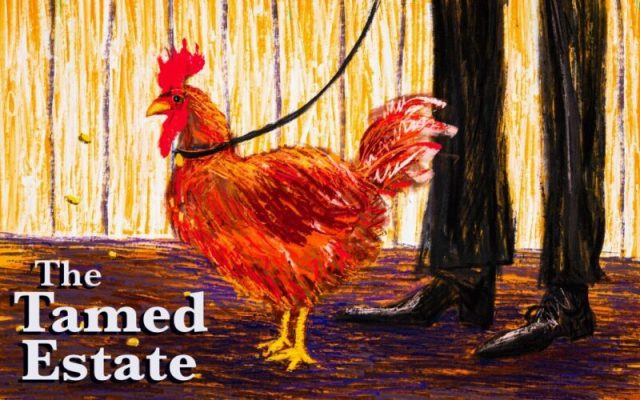Spruiking the Coalition’s 2020 tax cuts; Australians’ ‘$200 billion’ war chest; Google’s experiments; free speech; and even a Liberal Party self-congratulatory piece on the NBN. Michael Tanner checks out the past week in the mainstream media.
The stenographers were out in full force on Monday as Treasurer Josh Frydenberg spruiked the benefits of 2020’s tax cuts.

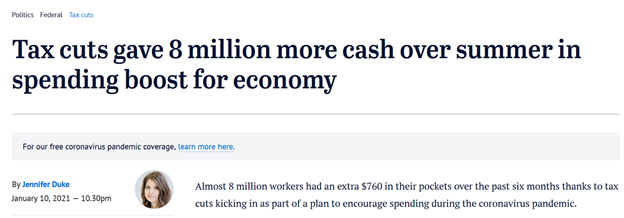
Jennifer Duke – at Fairfax – and Hamish Goodall – at 7News – must’ve gone to the same journalism school, as their opening paragraphs were incredibly similar.
Duke –The Sydney Morning Herald:

Goodall – 7News

It got better, though, with an entire paragraph repeated word for word.
The Sydney Morning Herald:

7News:

Reporting or just copying and pasting government drops?
Media outlets upload news at same time
It was the same deal on Friday, but this time the line was the “$200 billion war chest”, with media outlets the Australian Financial Review, News.com.au, The Australian, The Daily Telegraph and The Courier Mail uploading the news items between 10.30pm and 10.39pm. Extraordinary timing.
Australian Financial Review
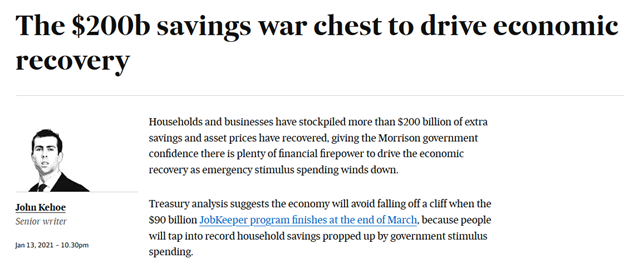
News.com.au

The Australian
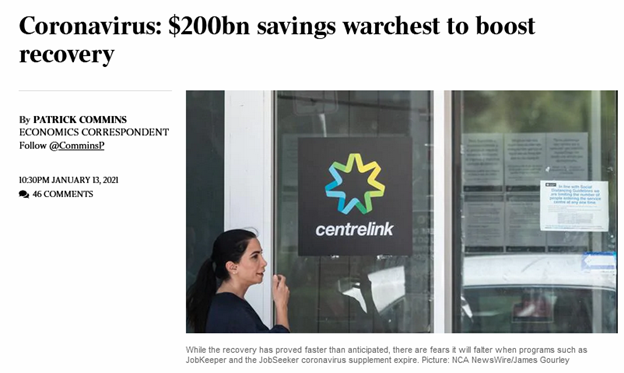
The Courier Mail

The Daily Telegraph
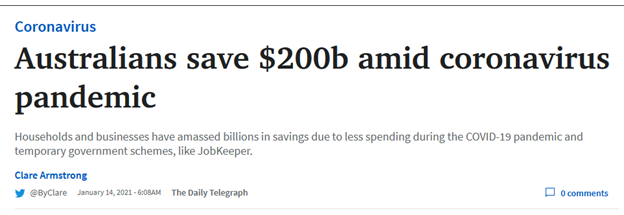
It’s hard to see the need for concern regarding Google’s experiments that have led to Australian media sites not appearing in the news.
If everyone is reporting the exact same story, the public only needs one source.
The Australian Financial Review

The Australian
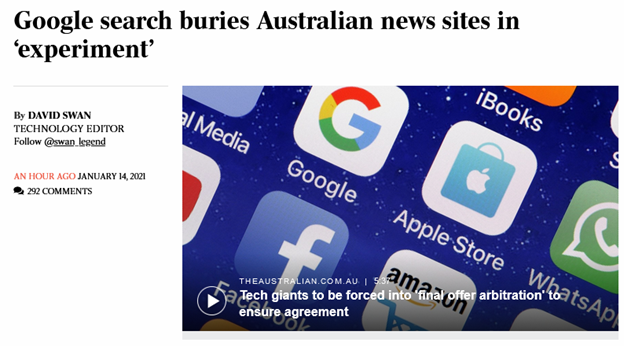

Independent. Always… ?
Nine newspapers published on the same day four articles written by Liberal/Liberal-aligned backers.
The Australian Financial Review and The Age/Sydney Morning Herald ran pieces from Richard Alston (ex-Liberal Party senator; former party president); David Alexander (Liberal lobbyist); Paul Fletcher (Liberal Party frontbencher); and David Sharma (Liberal Party backbencher). And all articles steeped in ideology.
Richard Alston

The irony of an article about bias on a day when four Liberal Party articles appeared was overshadowed by Alston’s tripping over his ideology in trying to dismiss the ABC’s internal polling, which shows widespread support for the ABC.
“(Australians) may well do in regional and rural Australia … but in urban areas it is a different matter.” Yet Australian urbanites – the “inner-city lefties” to whom the ABC panders – also support the ABC? I’m confused.
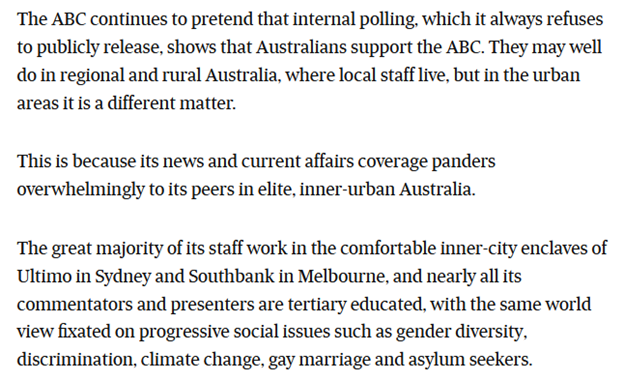
David Alexander, head of lobbying firm

In going after Paul Keating, David Alexander seemed to repeatedly misrepresent the former Labor prime minister.
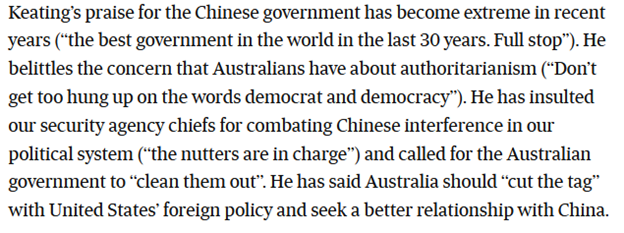
Despite extensive sleuthing, I could find no reference to “the best government in the world in the last 30 years”, even in Keating’s speech on Australia-China policy in 2019.
Furthermore, Alexander’s reference to “get[ting] hung up on the words democrat and democracy” was taken out of context when Keating was discussing China’s foreign policy in attempting to “democratise power” among countries in Africa, South America, and Brazil, China and India.
And the full quote regarding “nutters” is:

Over to you, readers.
Dave Sharma
Dave Sharma’s criticism of Twitter silencing Donald Trump appeared sycophantic and poorly reasoned in equal measure.
First, the idea that being banned from Twitter silences the voice of one of the world’s most powerful men seems almost laughable.

Further, Sharma compared climate change activism to attempts to incite insurrection.

Meanwhile, The Age’s editorial took the opposing stance:

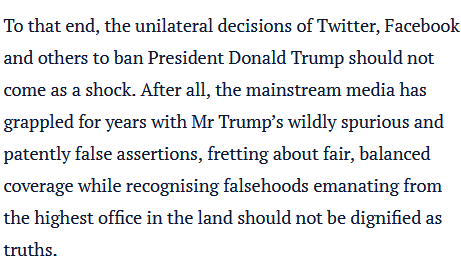
And a ‘built and fully operational’ NBN
Finally, Communications Minister Paul Fletcher took the opportunity to spruik the NBN roll-out (once again).


Despite the Coalition government claiming last month that the NBN is “built and fully operational”, 35,000 premises remain unconnected, and a further 250,000 that cannot reach 25mbps – less than a quarter of what Kevin Rudd’s government proposed.
Michael Tanner is completing a Doctor of Medicine/Doctor of Philosophy. His writing explores the intersection of economics, the media and public health. His writing has also been published in The Age.
